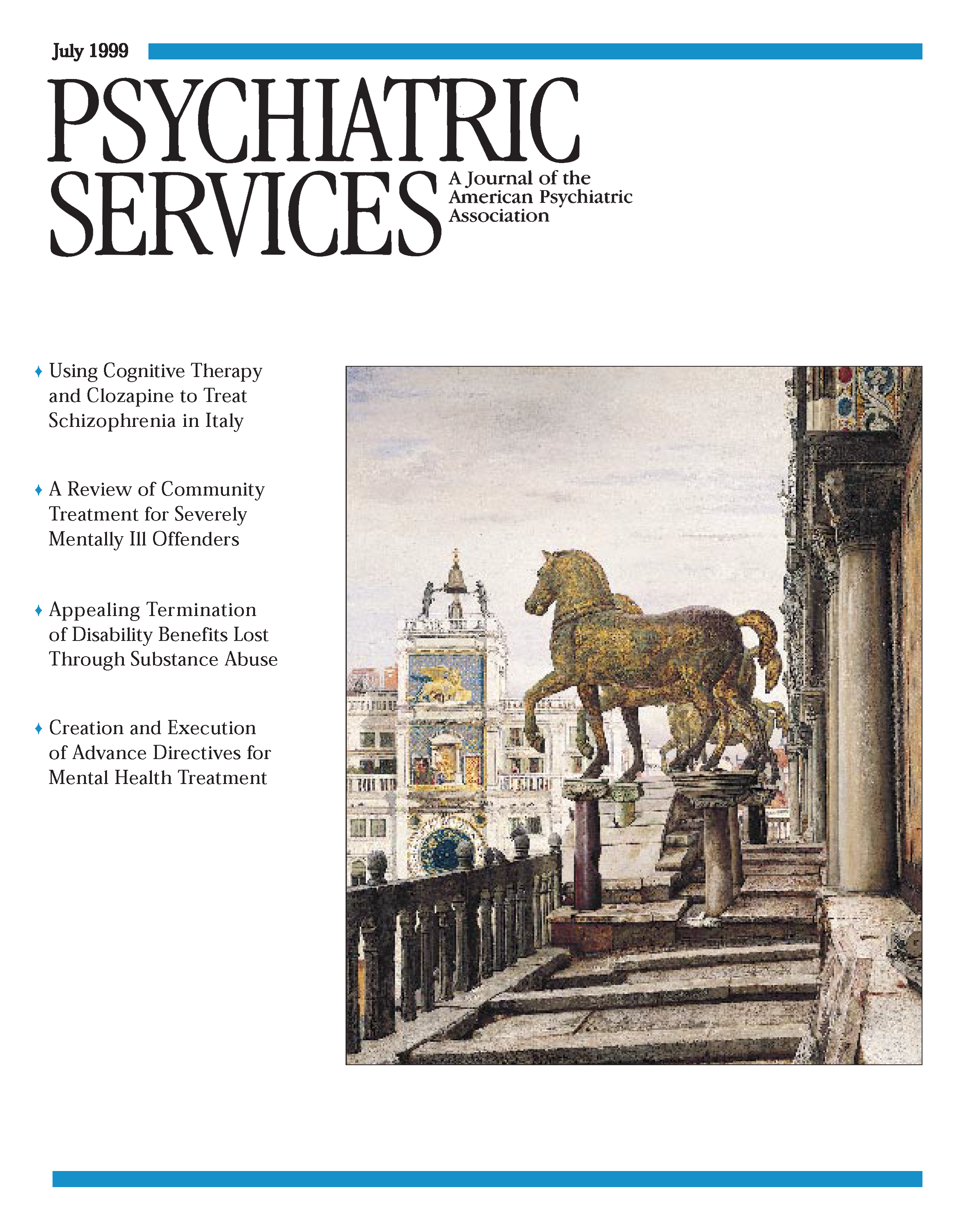Adverse Effects of Poor Behavior Management of an Inpatient's Difficult Behaviors
Abstract
Behavior therapy has been shown to improve the functioning of institutionalized clients, but frontline staff often have difficulty implementing behavior therapy techniques. In the case described in this report, staff with inadequate training in behavior therapy inconsistently used negative and positive reinforcement in the attempt to reduce the aggressive behavior of an inpatient diagnosed as having schizophrenia, and the interventions were associated with an increase in assaults and related behavior. The case illustrates the effects of poor behavior management and the importance of data collection in evaluating clinical interventions.



